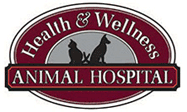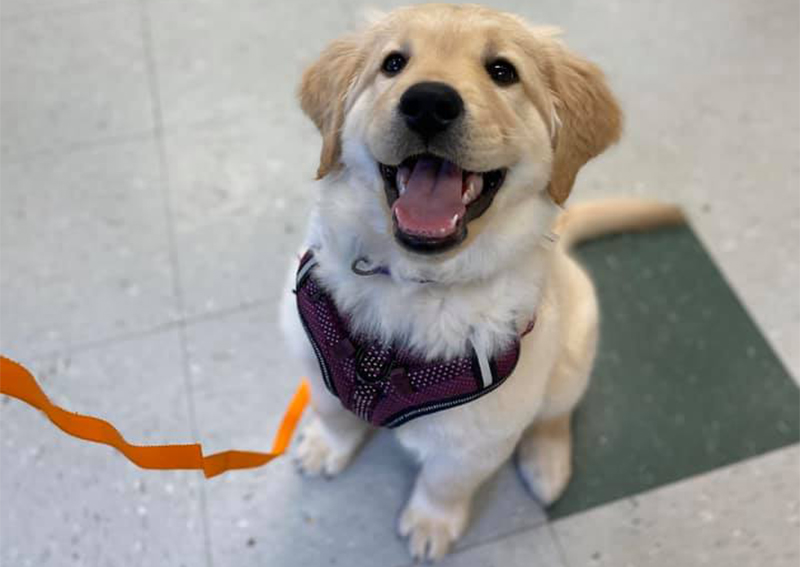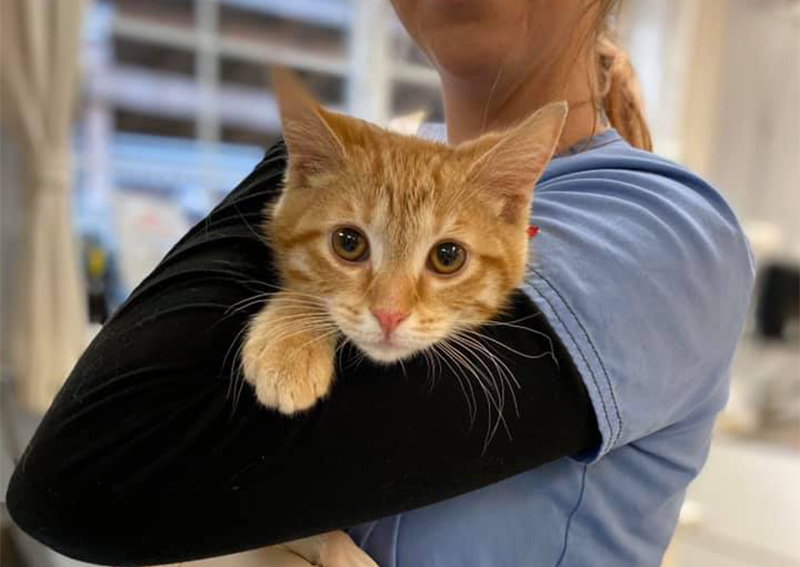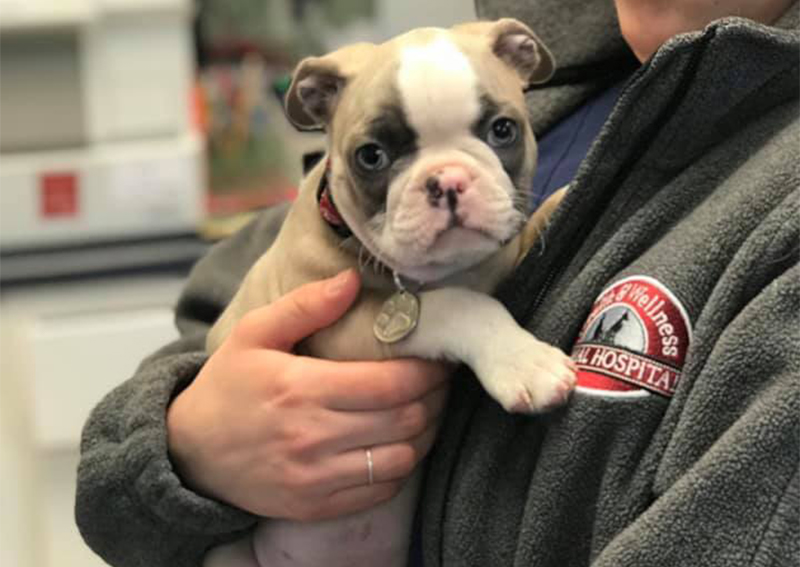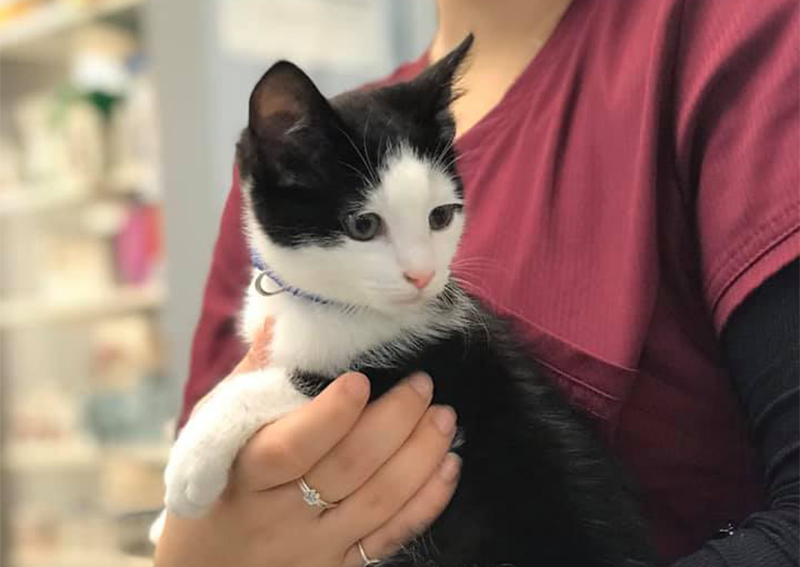
MEET our team
MAKE an appointment
REQUEST a refill
Welcome to Health & Wellness Animal Hospital - Blending Traditional & Holistic Veterinary Care
Health & Wellness Animal Hospital provides comprehensive and progressive veterinary medicine and preventive care for pets in Hampton Falls, the New Hampshire seacoast, and the surrounding areas. We always accept new patients and would be happy to help you and your pet in any way possible.
Our services include preventive and wellness examinations, vaccines, internal medicine, soft tissue surgery, dentistry, and care for sick and injured animals. We also offer alternative veterinary therapies such as veterinary acupuncture and Traditional Chinese Veterinary Medicine (herbal medicine), allowing us to provide alternative treatments for your pet's medical needs.
Please call (603) 926-5500 or book a vet appointment online today for your pet dog or cat!
120 Lafayette Road PO Box 219
Hampton Falls, NH 03844
| Monday: | 7:30am | - 6:00pm |
| Tuesday: | 7:30am | - 6:00pm |
| Wednesday: | 7:30am | - 6:00pm |
| Thursday: | 7:30am | - 6:00pm |
| Friday: | 7:30am | - 6:00pm |
| Saturday: | Closed | |
| Sunday: | Closed |
